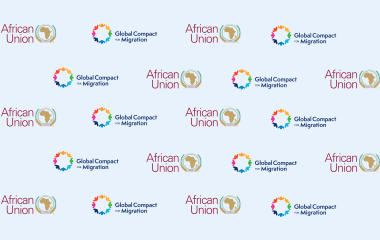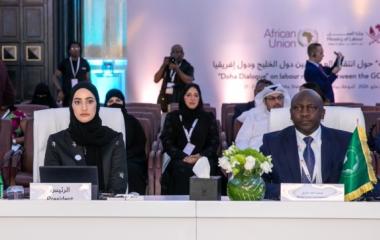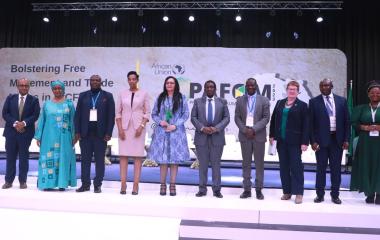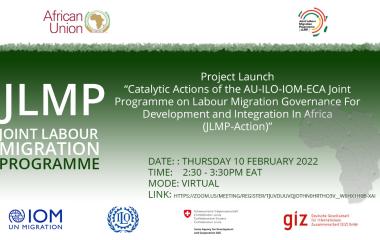
L'UA offre des opportunités passionnantes pour s'impliquer dans la définition des politiques continentales et la mise en œuvre des programmes de développement qui ont un impact sur la vie des citoyens africains partout dans le monde. Pour en savoir plus, consultez les liens à droite.












